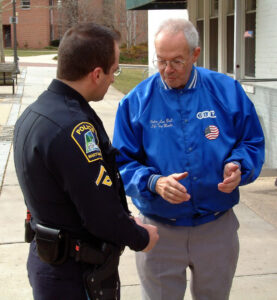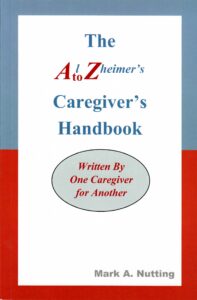“I want to go home” is a very common statement expressed by a person living with Alzheimer’s or other dementia usually voiced later in the disease process. We need to first understand the reason behind the statement. Finding out the “why” will allow us to better know how to respond. Home is where most of us are most comfortable and content. We find ourselves feeling safe, secure, and accepted. Home is where we belong.
A person living with Alzheimer’s eventually does not know where home is. At this point, when the person is asking to go home, what is it that he or she is truly trying to communicate; and, how are they feeling? It is all about feelings and communication; along with unmet needs and wants. The “why” is generally coming from a place where they are communicating their feelings of anxiety, fear, and insecurity. It may be triggered by an unfamiliar environment, unfamiliar caregiver, physical discomfort or pain, or even time of day. Think about the work day for most of us. After a long day at work, many of us just “want to go home.” Often, we will hear someone say this later in the day when they are fatigued and tired.
Let’s also consider the person’s basic unmet needs. Does the person need a nap, bathroom, food, drink, warmth, etc? The spouse, children, and family are doing their very best to care for their loved one and make them feel comfortable and safe. Hearing “I want to go home” may result in hurt and offended feelings. It’s hard to not take this personally, but recognizing the “why” behind the statement may make things easier to understand. It is the disease and not a personal attack on you.
So how do we respond? 1) stay calm and watch your own tone of voice and body language; 2) sit with the person, offer touch if welcomed, such as a hug or holding hands; 3) provide validation and paraphrase what is being said to you, so they know you are hearing what he or she is saying; 4) provide empathy and understanding; 5) reassure and offer an item of comfort such as a stuffed animal, blanket, activity apron, doll, familiar music, cup of tea and snack, or an engaging purposeful activity.
There is no magic bullet. We must try different interventions until something works. When you do find what worked in that moment, understand it may not work tomorrow. Be patient, compassionate, flexible, guiding, and calm.







